7 plants you should never touch – steer clear of these garden culprits to avoid rashes, irritation and injuries
Keep an eye out for these harmful plants

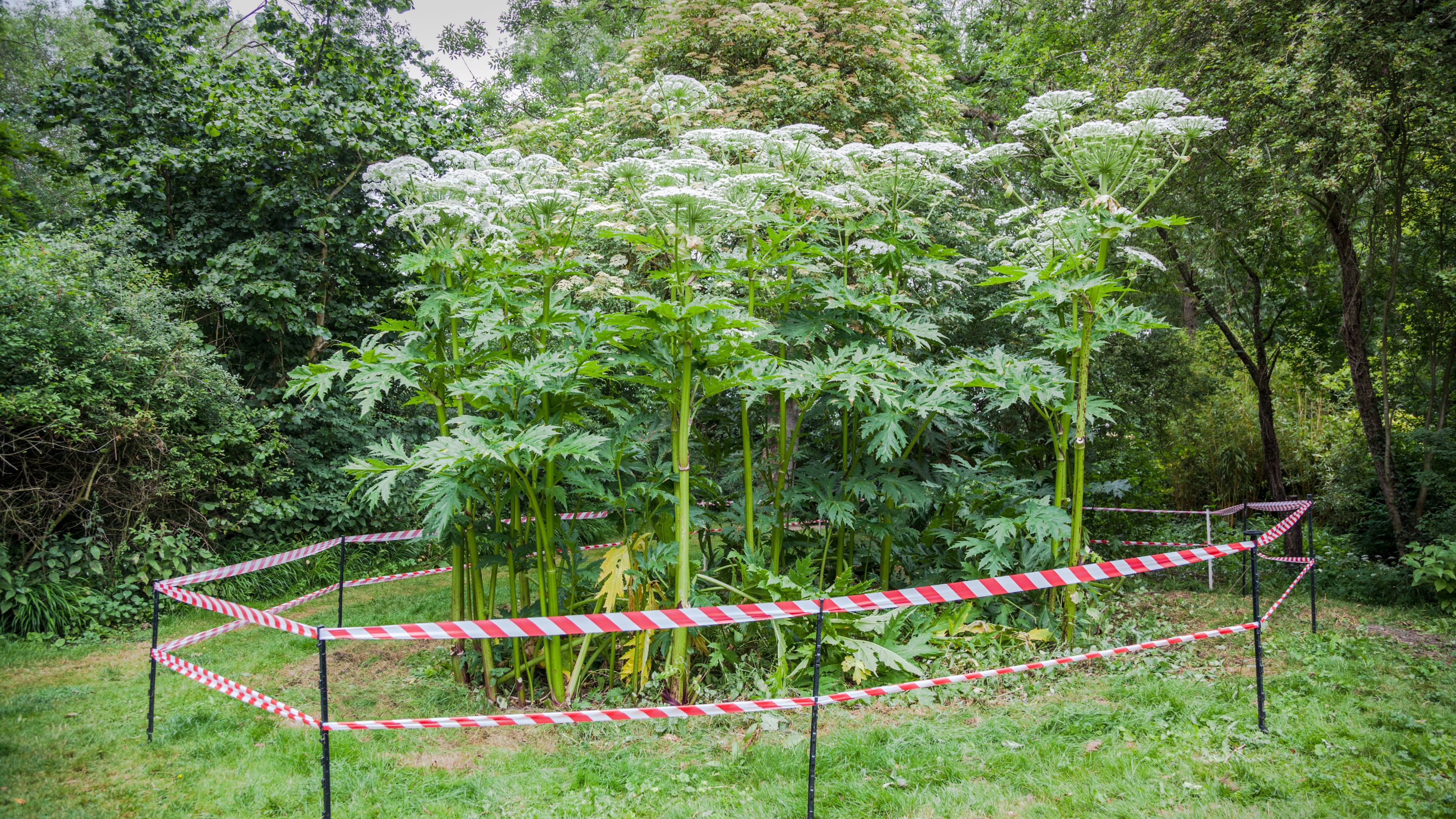
Gardens are sensory places, but not every plant is harmless, and there are some plants you should never touch.
Among the most toxic plants to avoid for a child-friendly garden, which are harmful if ingested, are some that can irritate, sting or even burn our skin on contact. Some of these can look similar to other plants, too, so it's good to be aware of them both in the garden and outside of the home.
I checked in with the experts to find out which plants you should never touch. This list isn't extensive, but it provides a starting point to help you spot some of the most common offenders.
What you'll need
1. Giant hogweed
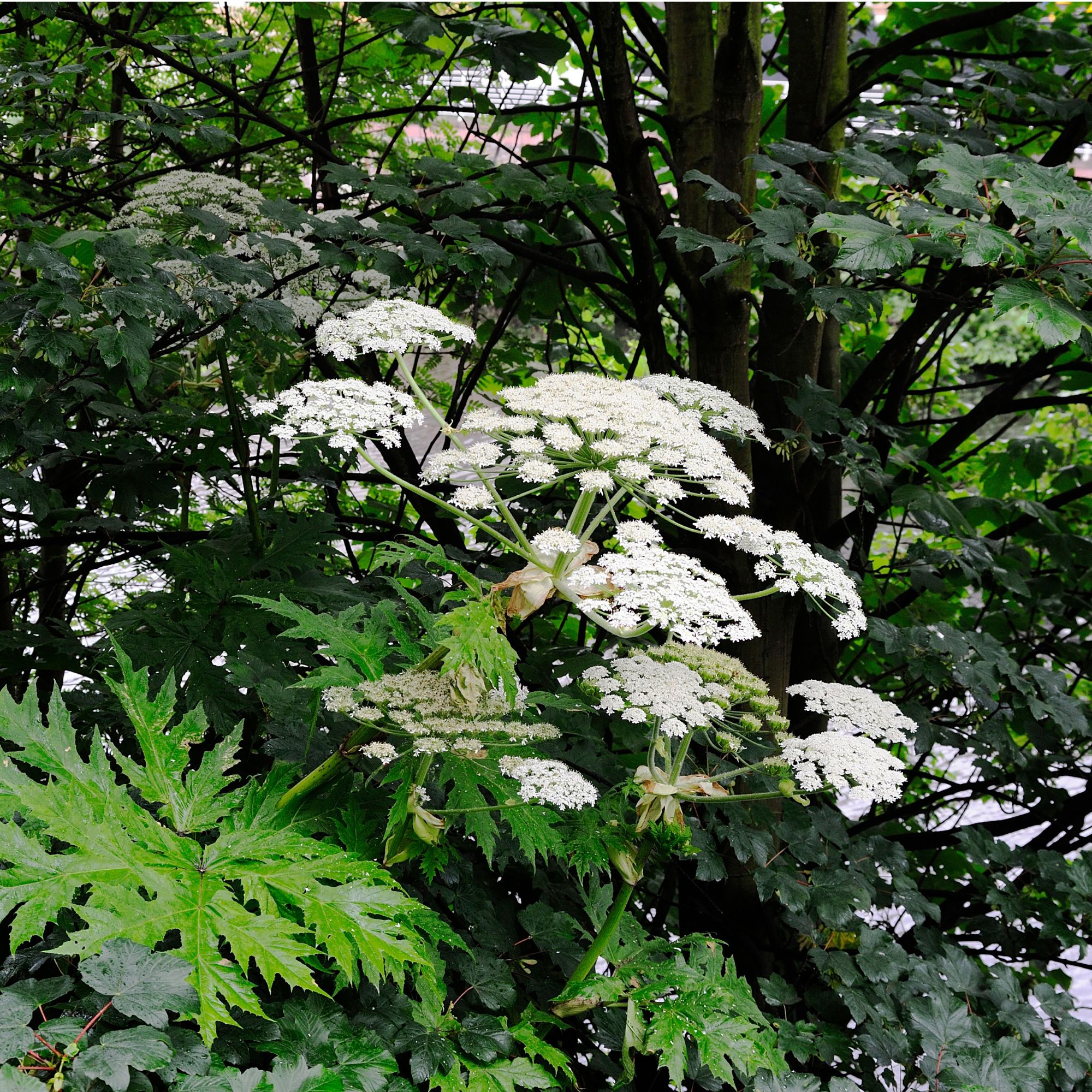
Giant hogweed is one of the most harmful plants in the UK for causing injuries to the skin, and it looks frighteningly similar to cow parsley.
That's because both plants belong to the carrot family, but giant hogweed is usually a lot larger, with huge, jagged leaves. Still, if in doubt, call in expert advice and get familiar with the safest ways to get rid of giant hogweed.
'Giant hogweed (Heracleum mantegazzianum) can be a serious hazard,' warns Mark Dwelly, head gardener at Audley Villages. 'Its clear sap contains potent toxins that, when combined with sunlight, can cause severe burns, painful blisters, and even permanent skin sensitivity and scarring. It’s important to know what it looks like and to never touch this plant!'
2. Euphorbia
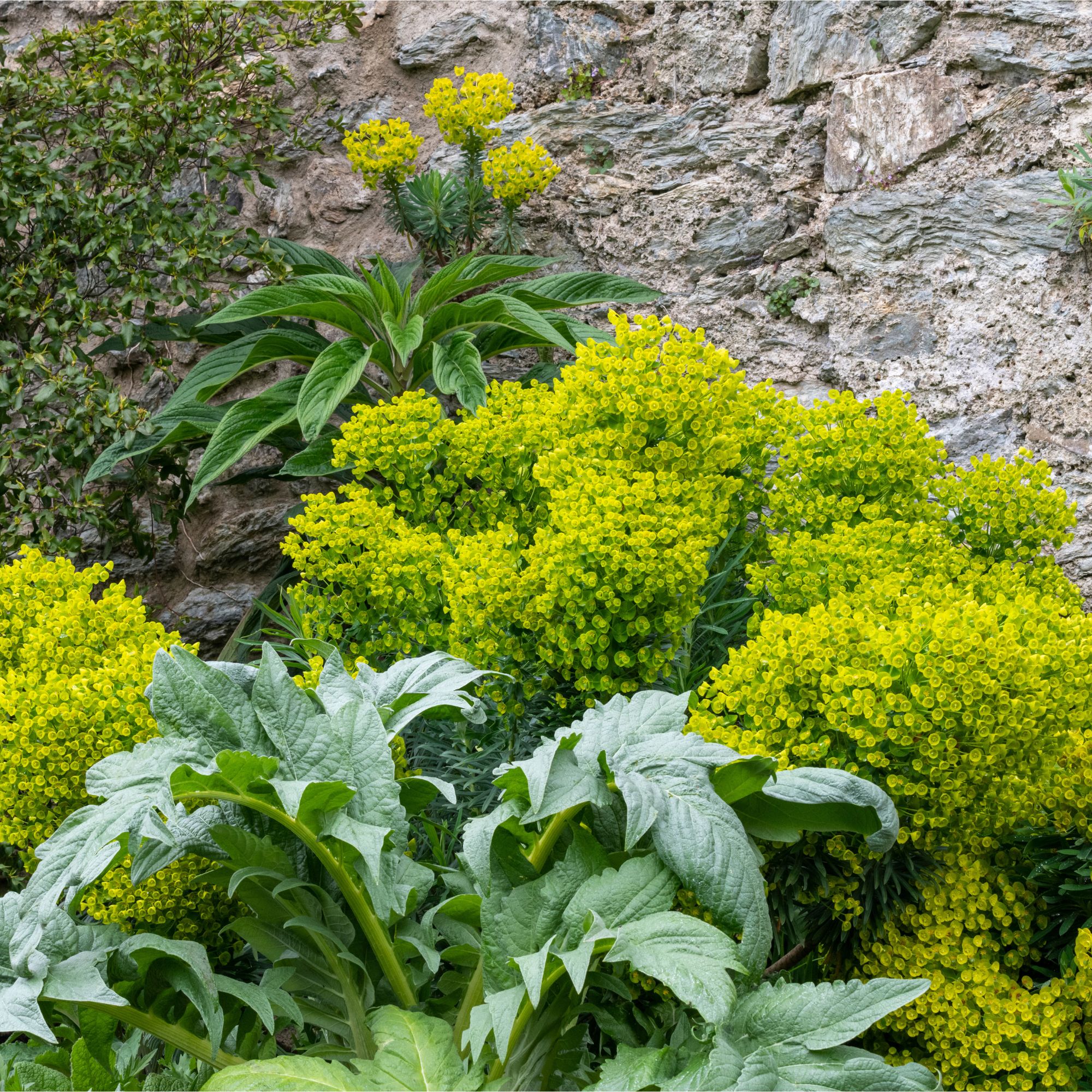
Euphorbias, also known as Mediterranean spurge, are strikingly vivid green shrubs, and they're among the best plants for a Mediterranean garden. They're also examples of plants you should never touch, though.
Sign up to our newsletter for style inspiration, real homes, project and garden advice and shopping know-how
'The milky white sap of euphorbias is a known irritant,' explains Mark. 'If you’re in contact with it, it can lead to skin rashes, eye irritation, and even temporary blindness in severe cases.'
That's why it's important to wear protective gloves and even glasses when pruning your euphorbia.
3. Poison ivy
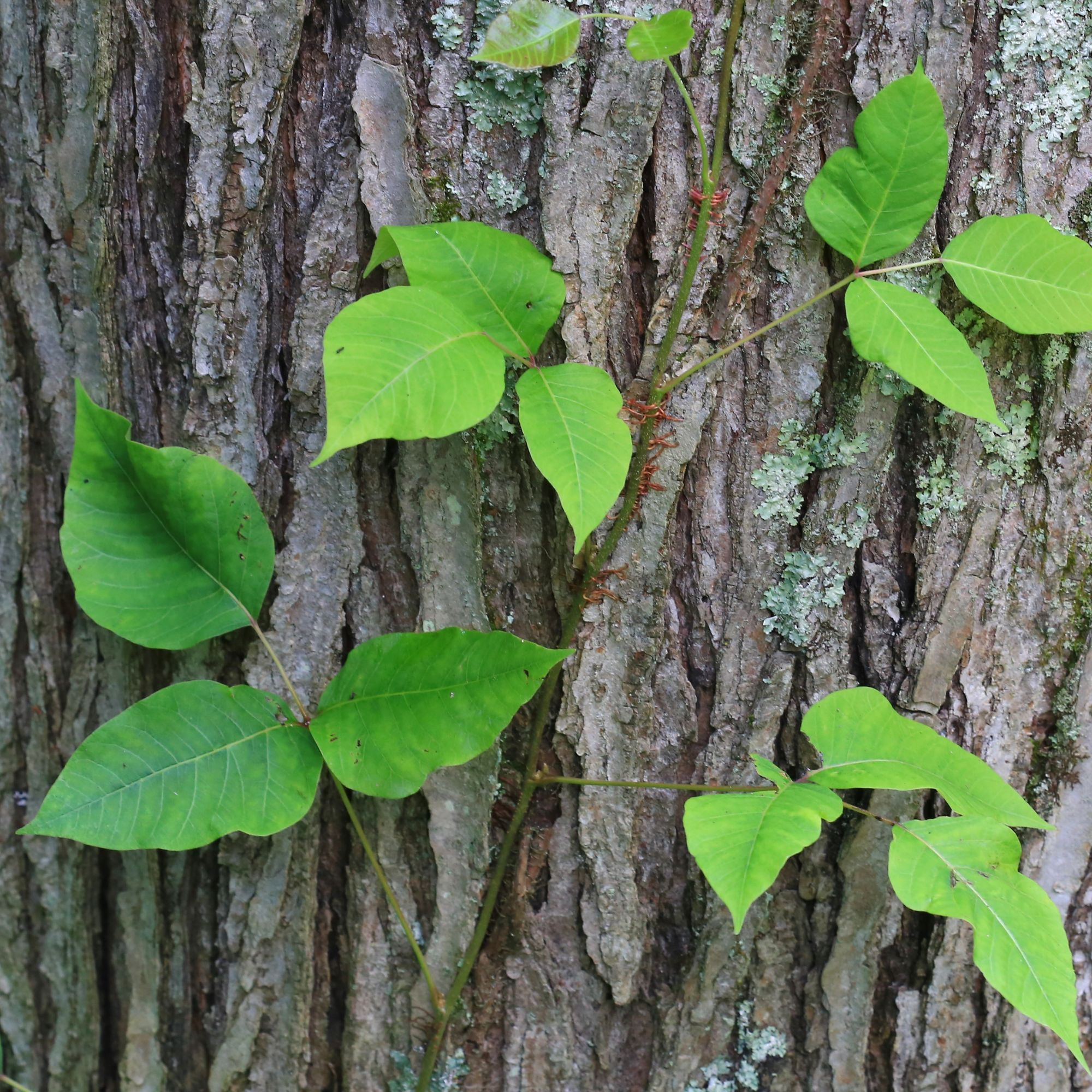
Before you figure out how to remove ivy, you'll need to make sure it isn't poison ivy, which can be identified by three leaflets (which coined the phrase, 'leaves of three, let them be'). You might also notice tiny hairs along the stems and vines.
'Some plants can cause skin irritation or injury,' says Liam Cleary, outdoor plants expert at Old Railway Line Garden Centre. 'Well-known examples to avoid include poison ivy, poison oak, giant hogweed, and stinging nettles, which can cause painful rashes, blisters and itching.'
4. Alstroemeria
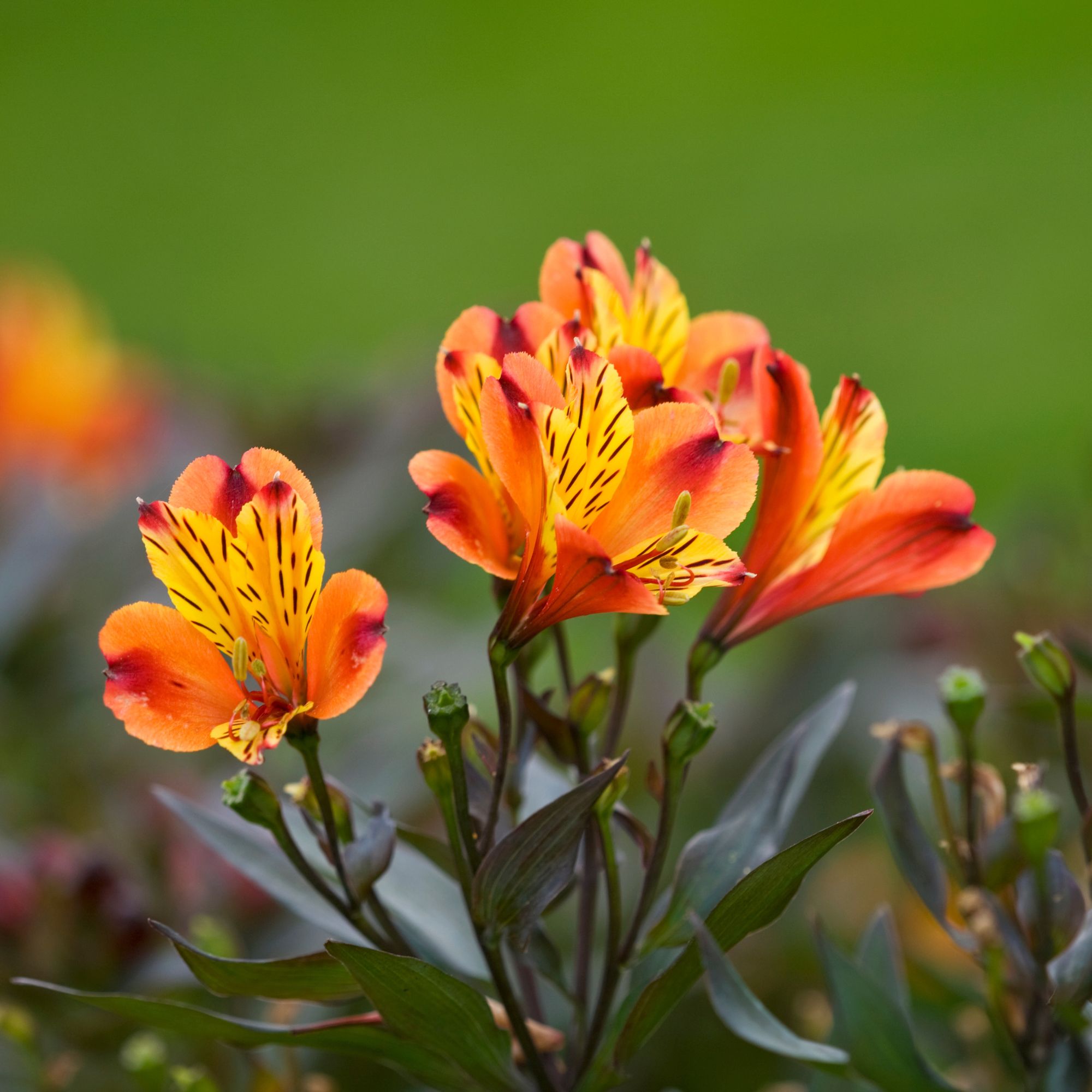
Alstroemeria, also known as the Peruvian lily or lily of the Incas, is one of my favourite flowers in the vase. The blooms are beautiful, but you shouldn't touch them.
'This flower contains a compound called tulipalin, which can cause rashes, blisters, and eye irritation,' warns Mark. 'If you experience any reaction after handling Peruvian lilies, wash your hands thoroughly and avoid further direct contact.'
Tulipalin is actually an allergen, which means some people are more sensitive to the compound than others. To be on the safe side, though, try to avoid touching the flowers, and wash your hands well if you do.
5. Monkshood
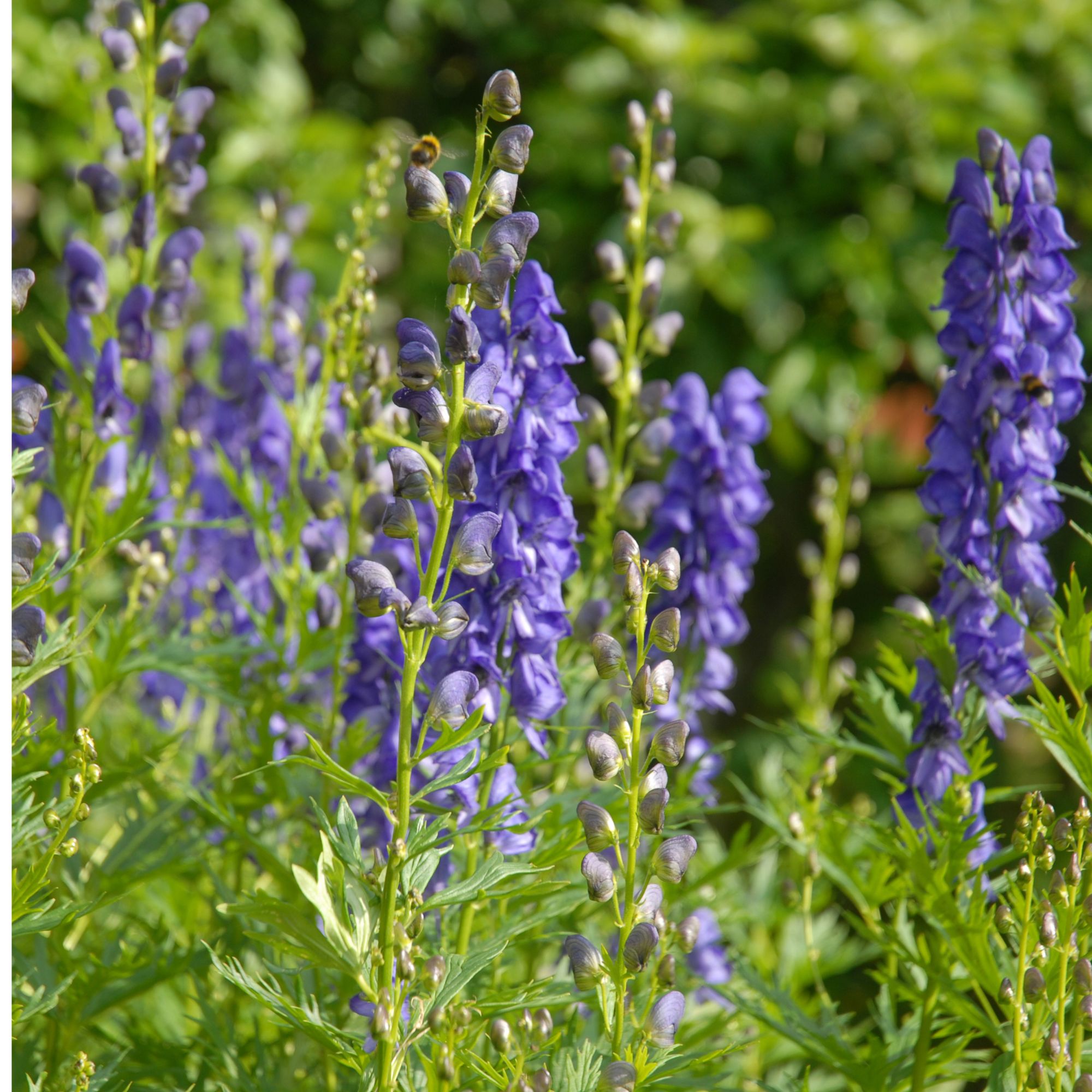
Monkshood, also known as wolf's bane, isn't just harmful to werewolves - it's also really poisonous to us humans and pets. It's most harmful when eaten, but you shouldn't touch it, either.
'Monkshood is toxic if ingested and can also irritate the skin,' warns Liam.
Make sure you keep children and pets well away from monkshood, and handle with care, gloves and ideally a face mask if you'll be removing it from your garden.
6. Stinging nettles
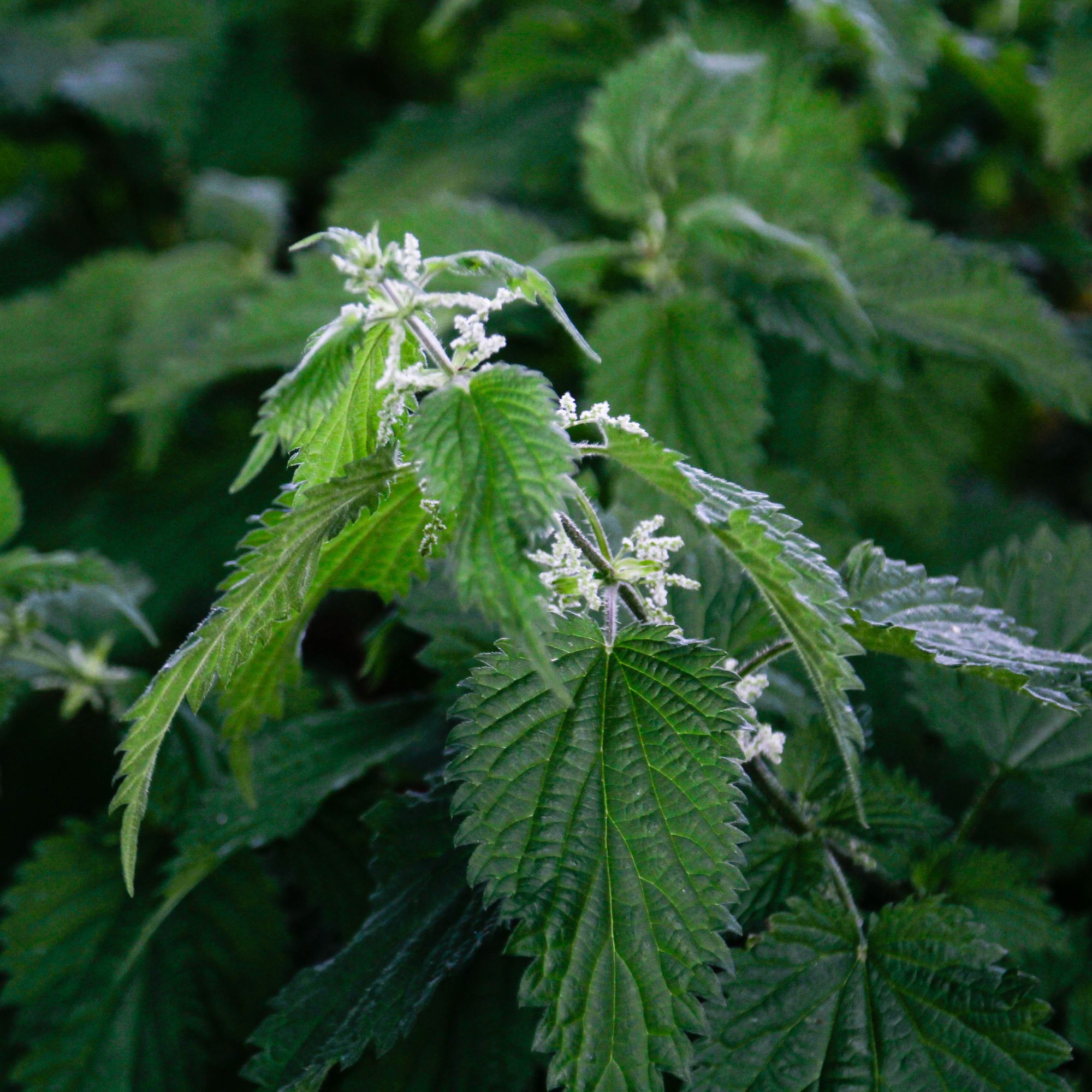
Of course, I had to include stinging nettles on this list of plants you should never touch. A lot of my childhood memories involve rubbing dock leaves on nettle stings, and because they're so common in the UK, you're probably already familiar with them.
I thought I'd ask Mark about the science behind the stings.
'A familiar plant to many of us, the tiny hairs on its leaves and stems can inject histamine and other chemicals into your skin when touched, causing a sharp sting (hence the name) and an itchy rash,' he explains.
'While usually not dangerous, it's definitely not a nice feeling! Ensure you’re wearing gloves when working in areas where it grows or getting rid of nettles.'
7. Chrysanthemums
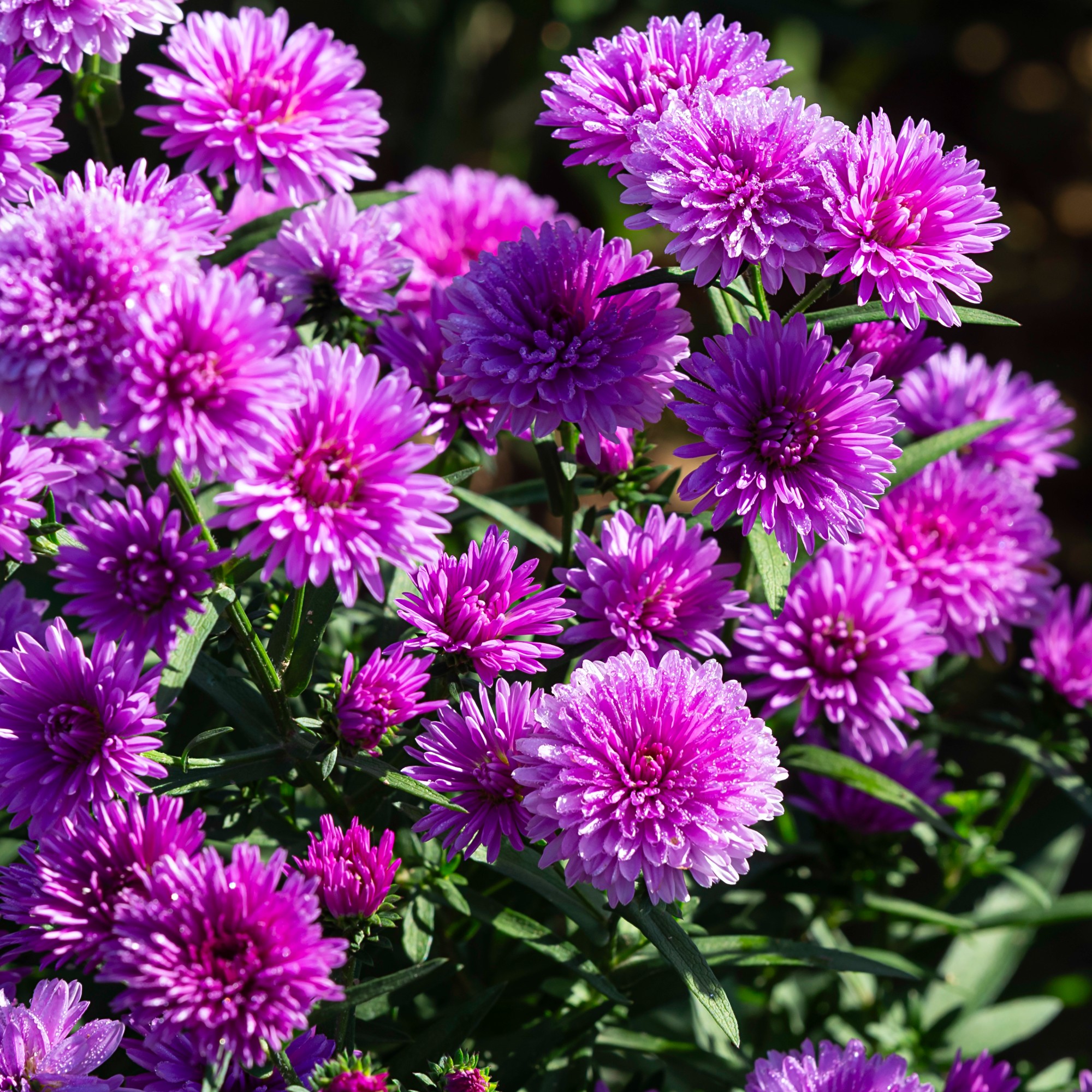
Learning how to grow chrysanthemums is incredibly rewarding – the autumn blooms are well worth the wait. They're not totally harmless, though.
'The sap in chrysanthemum leaves and stems can cause skin rashes and, in some cases, increase your skin's sensitivity to sunlight, known as photosensitivity,' warns Mark.
'Ensure you always wear gloves when handling chrysanthemums, especially if you have sensitive skin or notice any irritation.'
Keep an eye out for these plants you should never touch in your garden and when you're out and about in green spaces. Of course, there are other plants you'll need to be careful around, too, so always identify plants before you work on or around them.

Sophie joined the Ideal Home team as Gardens Editor in June 2024. After studying English at Royal Holloway, University of London, she began writing for Grow Your Own, which spurred on her love of gardening. She's tried growing almost every vegetable under the sun, and has a soft spot for roses and dinnerplate dahlias.
As Gardens Editor, Sophie's always on the lookout for the latest garden trend. She loves sharing growing hacks for every space, from herbaceous borders to balconies.


